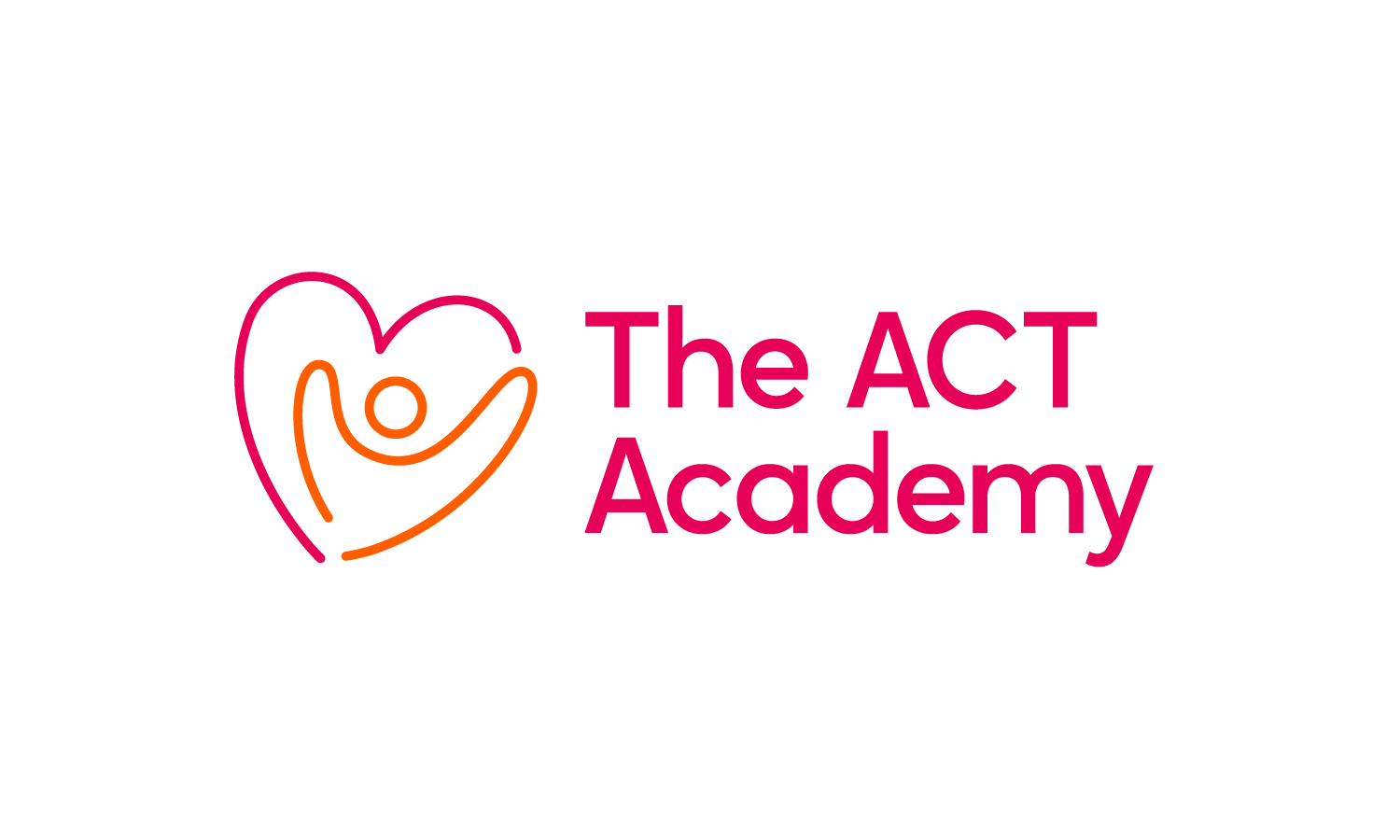ACT Practice Lab
October 20th, 2023 -8:30am-4:30pm EST
6.5 CEs
ANDY SANTANELLO, PsyD
ACT Peer- Reviewed Trainer
This workshop will be highly experiential with a focus on helping participants practice and build skills that they can readily integrate into their work. It’s designed to give participants a strong foundation in Acceptance and Commitment Therapy (ACT) theory and practice.
Over the course of the workshop, we will work with participants to assess psychological problems using the Psychological Flexibility model, learn and practice skills relevant to each of the six core psychological flexibility processes, use the ACT skills to help clients differentiate between ineffective and meaningful actions, and to identify and address key indicators of psychological inflexibility.
In addition, the training will explore the ways in which language and metaphor influence behavior and can be used in therapy to help change behavior. We will use experiential exercises, small group work and dyad work to encourage participants to practice and enhance new skills.
Target Audience: The workshop is ideal for beginning practitioners new to the model as well as those already practicing ACT at an intermediate level who want to broaden their repertoire. It is appropriate for all behavioral health professionals, including Psychologists, Licensed Mental Health Counselors, Psychiatrists, Social Workers, and Psychiatric Nurse-Practitioners.
Check out details below!
Licensed Psychologist
System Requirements: This course will be presented via Zoom teleconferencing software. Participants will not have to install any additional programs on their computer to take part. However, a web browser is necessary. (Mac users are recommended to use the Chrome or Firefox browsers to minimize tech issues). Participants can test their computer's capabilities by clicking here (or visiting http://zoom.us/test).
We recommend all participants test their ability to load Zoom in advance of the event to ensure there are no technical difficulties. All participants must log in via an individual connection, rather than as a group using one machine. A headset/headphones are recommended. A functioning microphone is also MANDATORY to attend this training, to allow for participation in role-play sessions.
Continuing Education Details: Participants are required to attend the entire training. Partial credits cannot be issued. For psychology CE credits, completion of the evaluation is strongly encouraged. If you do not wish to complete the evaluation but desire to receive psychology CEs please contact info@theACTacademy.com after the training event.
There is a 30-day time limit post-training to complete all CE requirements. CE Credit Certificates will be emailed to all completers of the training within 30 days after all course requirements have been completed.
CEs for Psychologists: The program is Approved for CEs for Psychologists. The Association for Contextual Behavioral Science is approved by the American Psychological Association to sponsor continuing education for psychologists. The Association for Contextual Behavioral Science maintains responsibility for this program and its content. CEs for Psychologists are awarded contingent on timely post-event paperwork submission by event organizers.
CEs for Counselors: ACT Practice Lab has been Approved by NBCC for NBCC credit. The ACT Academy is solely responsible for all aspects of the program. NBCC Approval No. SP-4359.
CEs for Social Workers: This program is Approved by the National Association of Social Workers (Approval # 886914667-7366) for 6.5 continuing education contact hours.
Learning Objectives:
Detect examples of psychological inflexibility in client behavior using the ACT Advisor Tool.
Contrast examples of psychological inflexibility and psychological flexibility in client behavior in real-time using the ACT Advisor Tool
Formulate presenting problems of military clients using the psychological flexibility model using the ACT Conceptualization Tool
Integrate assessment results into an ACT-consistent plan for intervention to target specific aspects of psychological flexibility in real-time
Demonstrate Willingness and Defusion interventions to address experiential avoidance and cognitive fusion
Demonstrate Flexible Selfing and Flexible Attention interventions to address over-identification with one's' self-concept and rigid attention to the past and/or future
Demonstrate Values Clarification and Commitment interventions to address lack of meaning and purpose and ineffective behavior (e.g., procrastination, avoidant persistence)
About the Presenter: Andrew Santanello, Psy.D s a licensed, clinical psychologist in Maryland. He is a Peer Reviewed Acceptance and Commitment Therapy Trainer, a National Cognitive Processing Therapy trainer, and has provided expert training and consultation to military and civilian providers for over 15 years. His professional interests include dissemination and practice of Evidence-Based Psychotherapy with an increasing focus on mechanisms of change and process-based psychotherapy, psychological resilience, and the intersection of behavioral science and mindfulness-based approaches to alleviating human suffering.
Disclosures: Dr. Santanello received a speaking fee from The ACT Academy for this presentation and has no other relevant financial relationships to disclose. No commercial support was obtained for this CE program that could be construed as a conflict of interest.
Cancellation and Refund Policy: A $25 processing fee will be charged for registration refunds requested one or before October 1st. We regret that after October 1st, refunds cannot be made, but you may request credit toward a future ACT Academy program. If you need a refund, please contact us via email at info@theACTacademy.com.
ADA Accommodations: This workshop will be closed captioned in English. If there are additional ADA accommodations that you require, please contact us at info@theACTacademy.com or +1 (240) 542-8503. Mail can also be sent to 2 Wisconsin Circle, Suite 915, Chevy Chase MD, 20815
8:15-8:30 EST Sign In
8:30-10:30 Recognizing Psychological Inflexibility
Functional Contextualism, Philosophy, Behavior
Model of Inflexibility & Outcomes
Process Goals of ACT
Interrupting Psych Inflex
10:30-10:45 Break
10:45-12:15 Recognizing Psychological Flexibility
Reinforcing Psych Flex
Case Conceptualization
Clinical Signs of the 6 Processes
12:15-1:15 Lunch Break
1:15-2:45 Practicing Psychological Flexibility Interventions Part I
ReACTing from Fusion to Defusion
ReACTing from Avoidance to Willingness
ReACTing from Rigid to Flexible Attention
ReACTing from Inflexible to Flexible Selfing
Experientials & Roleplays
2:45-3:00 Break
3:00-4:30 Practicing Psychological Flexibility Interventions Part II
ReACTing from Values Confusion to Clarity
ReACTing from Unworkable to Workable Action
Experientials & Roleplays
Roadmap for the ACT Therapist

